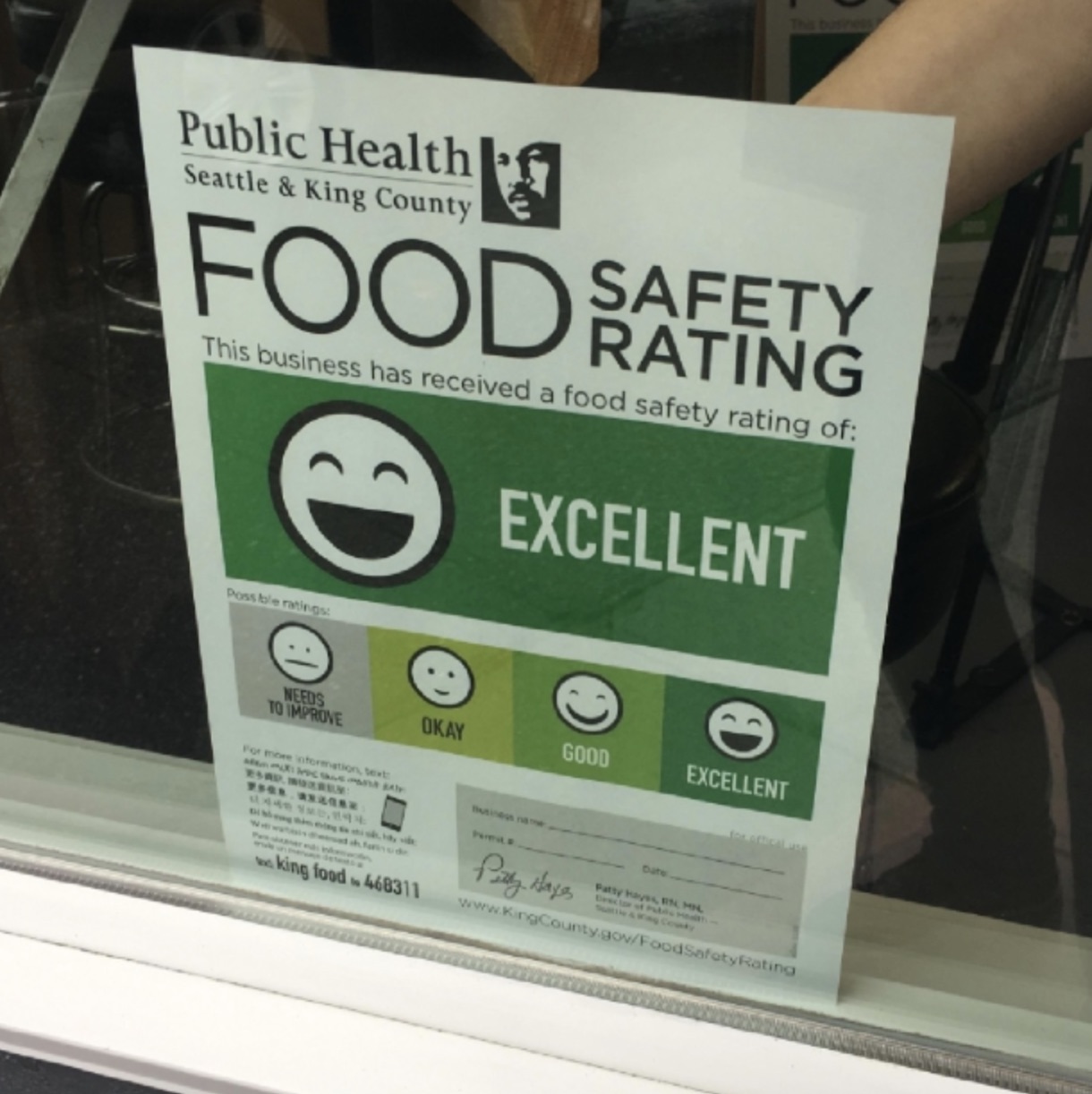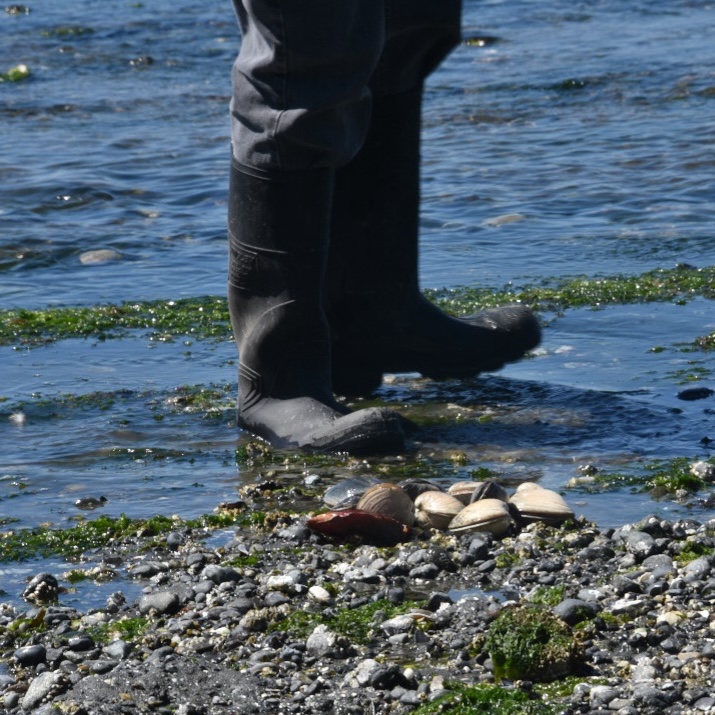Environmental Health
Beach safety and sewage monitoring
With the funds we received from FPHS investment in Public Health, we hired a Beach Safety and Sewage Monitoring Lead. Our Lead assesses the public health impact of water contamination from bacteria, sewage releases, and toxic algae and decides the best course of action to protect people’s health, such as closing beaches. Having a staff member dedicated to this work enables faster and more comprehensive responses, which improves people’s access to beach closure and shellfish safety information, preventing illnesses. In 2024, PHSKC issued 60 beach closures due to high bacteria, issued closures for 6 lakes due to toxic algae growth, and advised for 56 sewage release incidents. Because of our increased capacity and expertise in this area, we aim to improve the beach safety and sewage release rules and processes in the long-term to better protect people’s health.
Supporting food safety at donated food distributing organizations
With FPHS investment in Public Health, we fund two staff members to promote food safety with over 400 food banks and food pantries, shelters, summer food programs for kids, and other donated food distributing organizations that provide food to vulnerable community members. We do this by providing educational visits, inspections and food safety workshops with no fees. Before receiving FPHS funding, these services were limited to a small number of organizations that could pay permit fees. We also conduct foodborne illness investigations and work to expand commissary kitchen capacity with the goal of lowering barriers and reducing unpermitted food vending. By supporting safe food practices at donated food distributing organizations, we are able to reduce the spread of foodborne illnesses, while increasing food security and health.
Protecting people from harmful chemicals through research, policy, and community action
Toxic chemicals are commonly found in our environment and can harm people’s health. FPHS funds are allowing Public Health to respond to emerging chemical risks and advance science and policy in partnership with the state and other local health jurisdictions to develop protective approaches related to harmful chemicals. For example, FPHS funds enabled us to advance a state proviso in partnership with the University of Washington to develop mobile testing methods for PFAS in common products. We are innovating the science and using our learnings to inform the community through media, guidance, and creative partnerships. This information is critical to reducing risk from forever chemicals statewide.
Equitable Wastewaters Futures
With the funds we received from FPHS investments in Public Health, we hired a program manager to tackle the infrastructure crisis of aging, failing urban septic systems in King County. Our Equitable Wastewater Futures Program manager leveraged a $2 million pilot investment from the King County Climate Equity Capital Pool to partner with local sewer districts to connect 26 homes on aging septic systems to sewer lines. Failing septic systems pose a serious threat to public health and the environment, and identifying equitable solutions to this complex issue is critical to protecting our communities in the face of a changing climate. Our program manager is working toward long term infrastructure strategies for the nearly 40,000 septic systems in urban King County, around 70% of which are past their intended lifespan and vulnerable to failure.
 Translate
Translate



